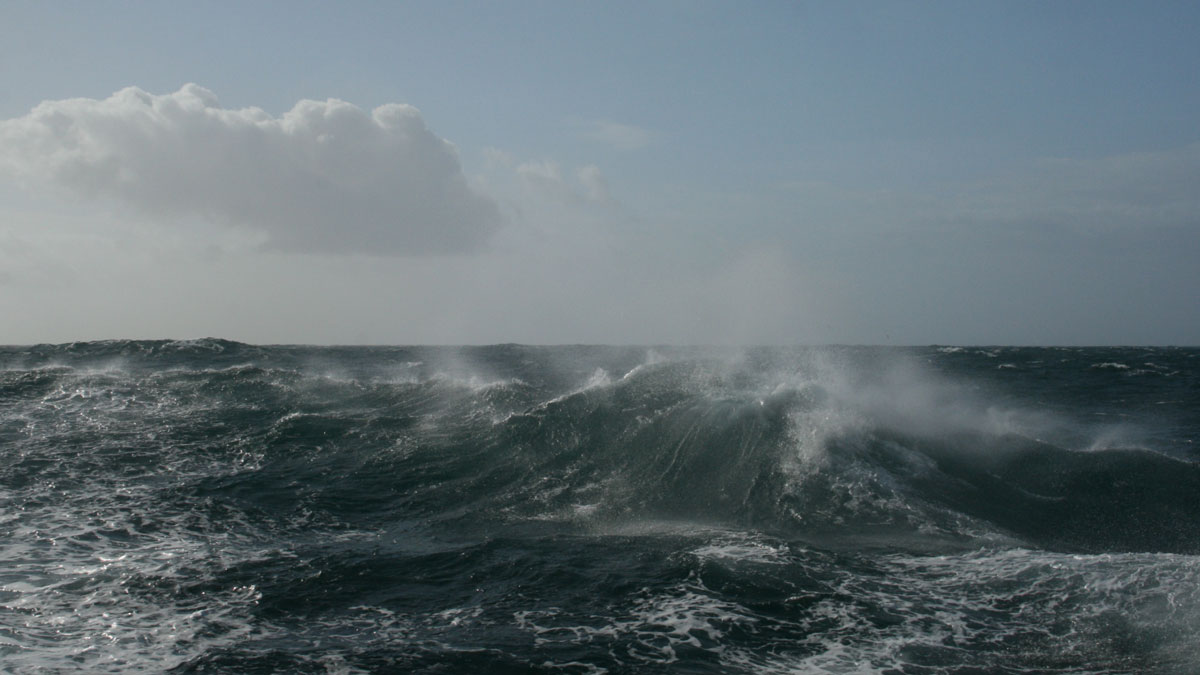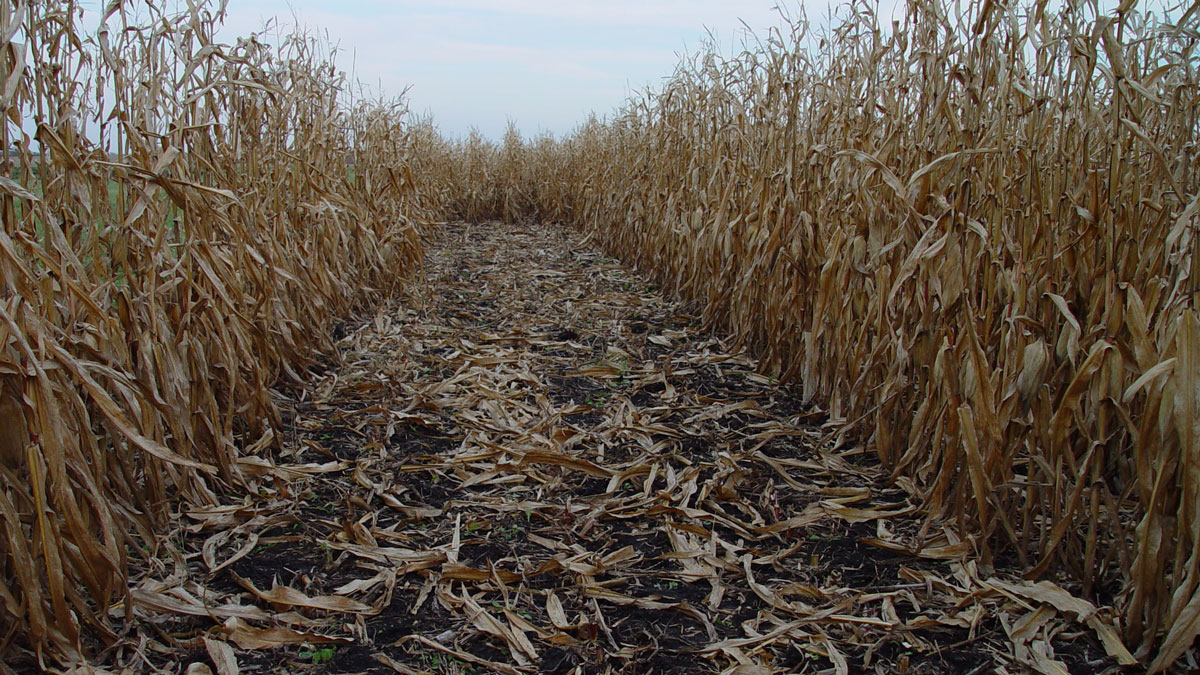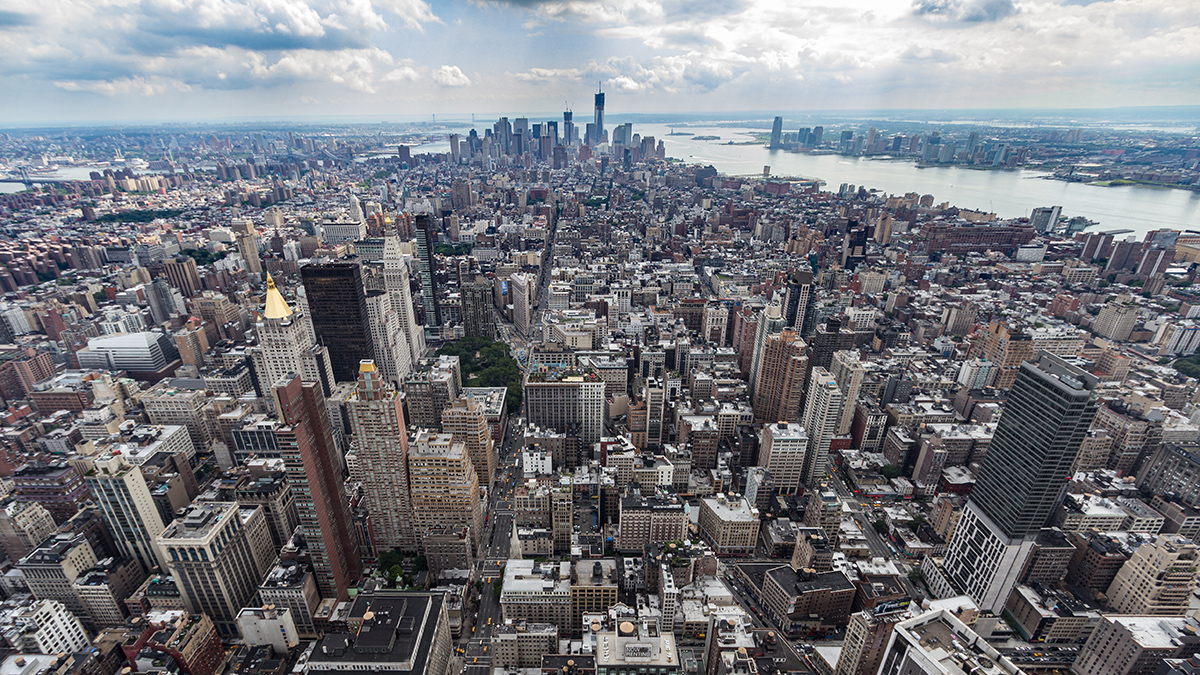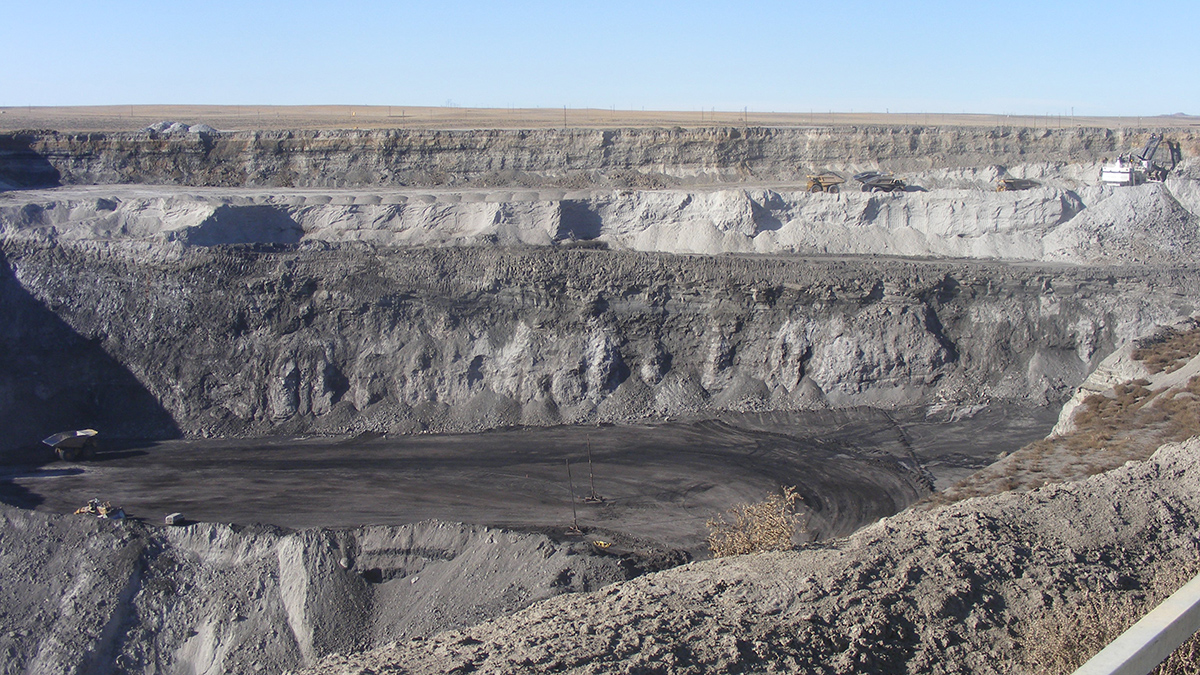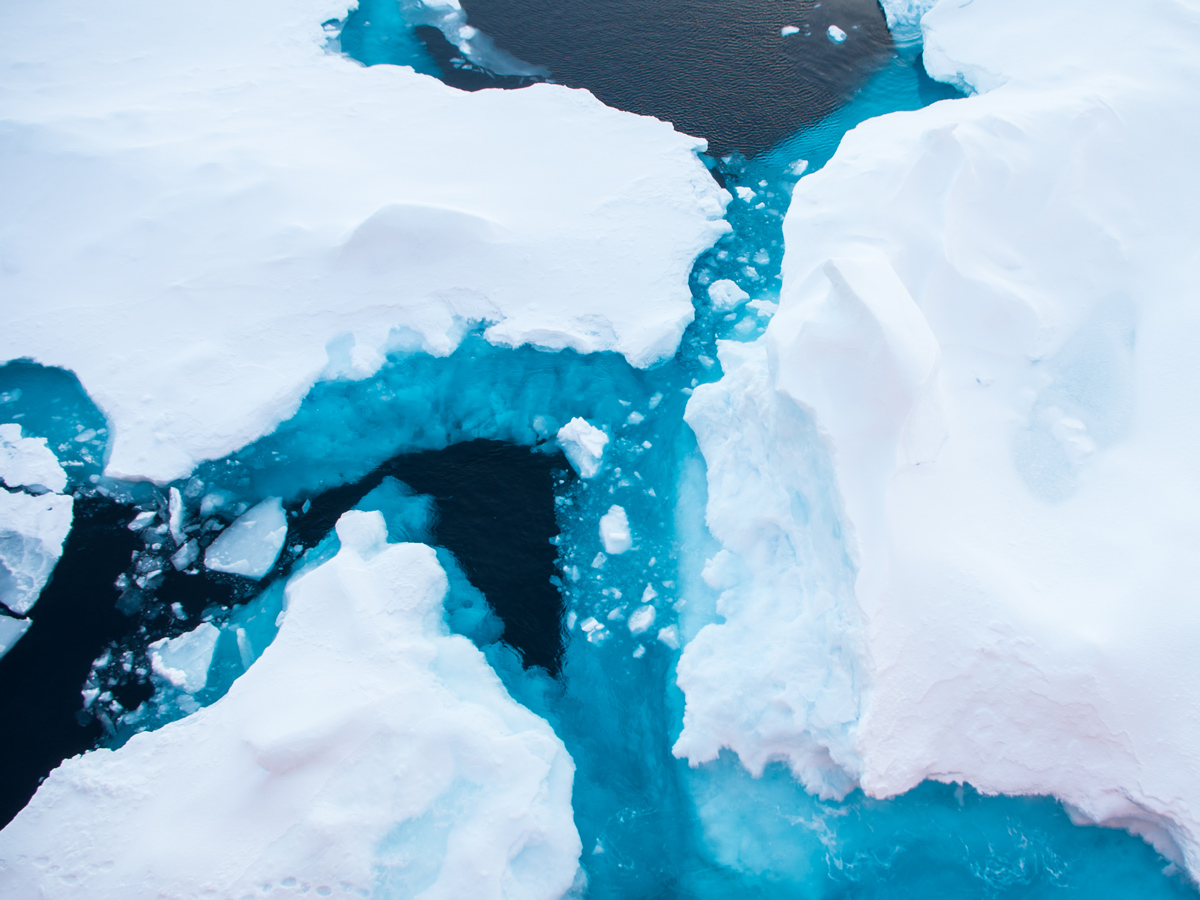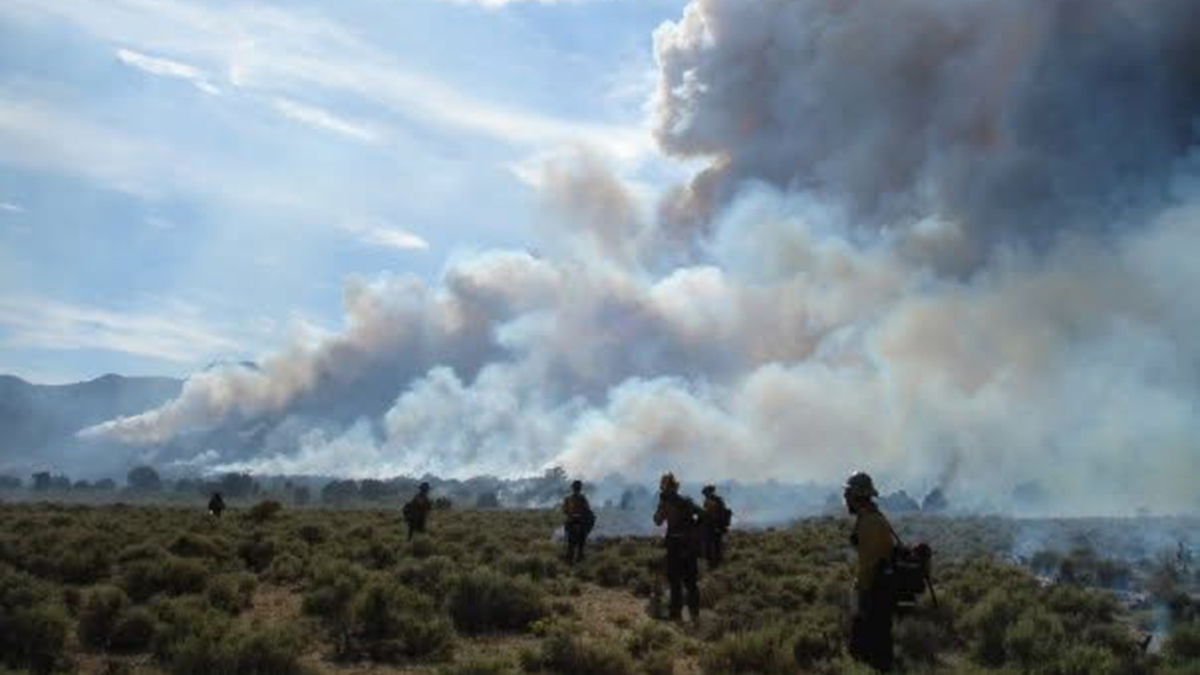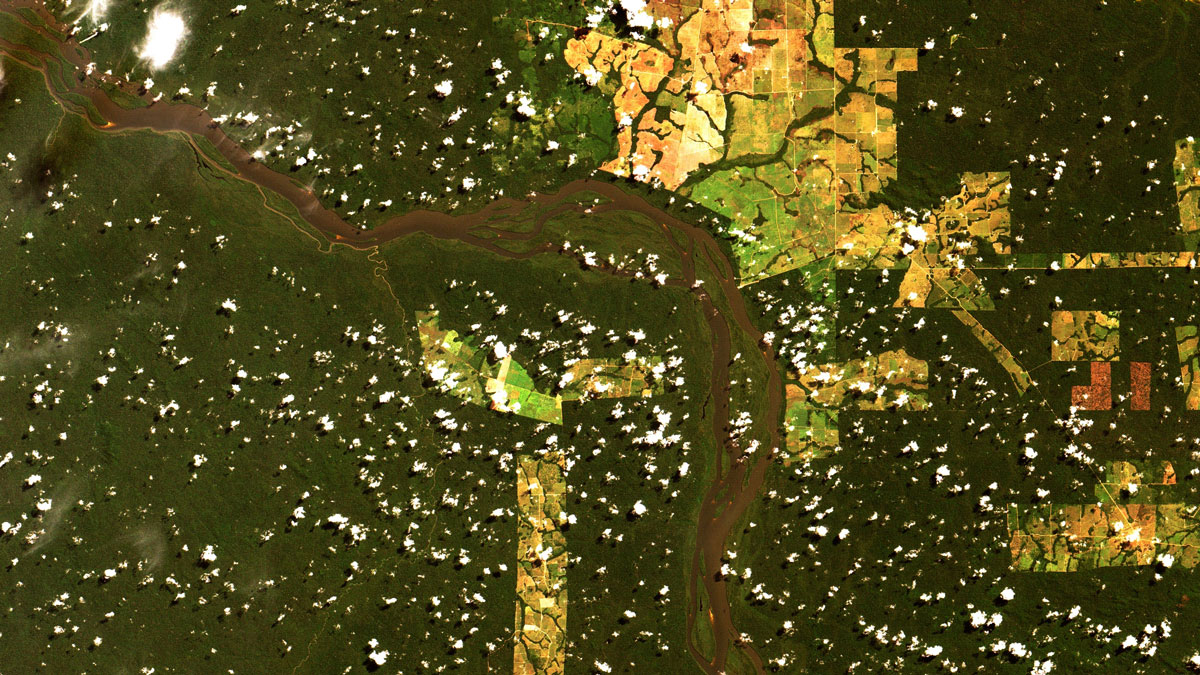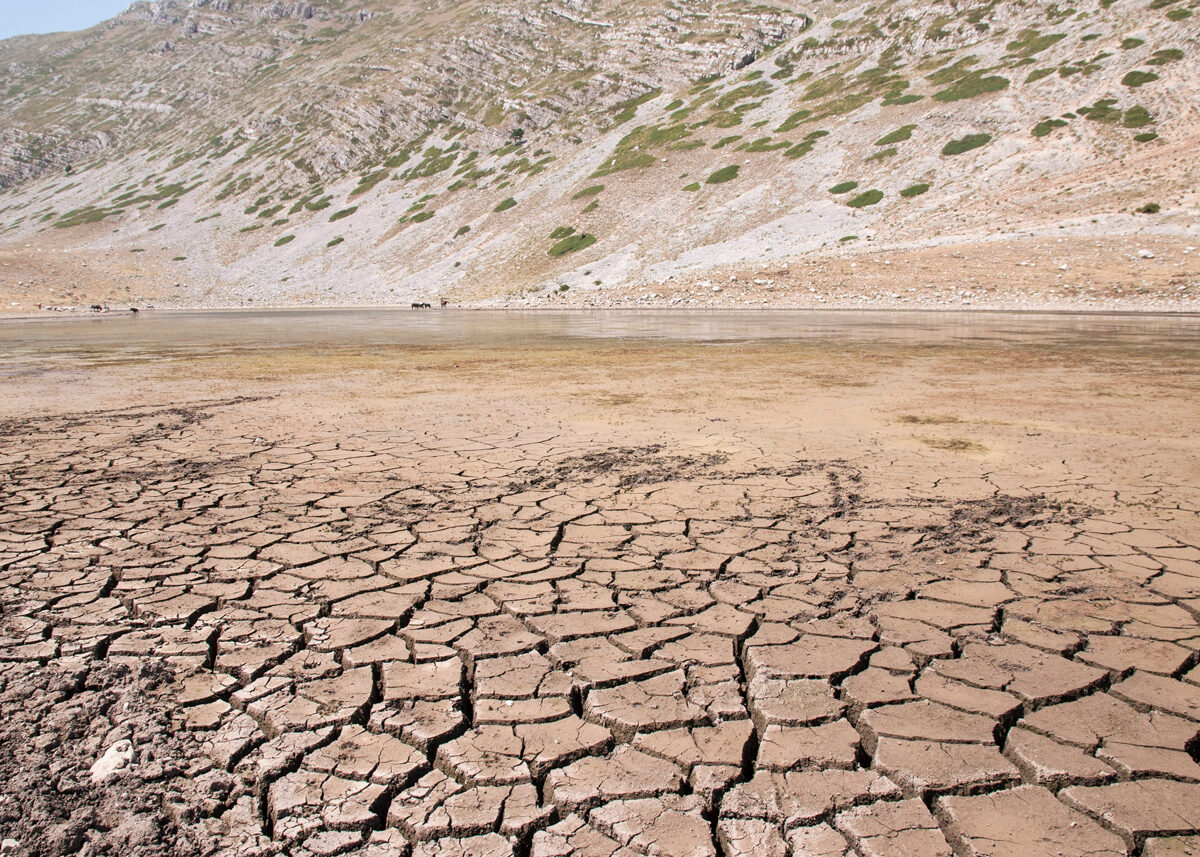Researchers found the unprecedented 2023 East Asian marine heat wave increased land temperatures and humidity by up to 50%.
Sarah Derouin
Sarah Derouin is a freelance science journalist and editor who has been writing for Eos since 2017. She has a doctorate in geology from the University of Cincinnati and is a graduate of the Science Communication Program at University of California, Santa Cruz. Sarah has written for New Scientist, Scientific American, Popular Mechanics, Science, EARTH Magazine, and Mongabay. She was the 2018–19 Science Communication Fellow for the Geological Society of America and attended Congressional Climate Science Days. Beyond writing, Sarah was an acting associate editor for EARTH Magazine. She also worked behind the scenes as an assistant producer on Big Picture Science radio show, broadcast on more than 140 public radio stations. You can find more of her work at www.sarahderouin.com or connect with her on Twitter @Sarah_Derouin.
The Southern Ocean May Be Building Up a Massive Burp
Modeled results suggest that if anthropogenic emissions decrease and the atmosphere cools, heat stored in the Southern Ocean could be released abruptly in a few hundred years, kicking off a temporary warming period.
How Might Leftover Corn Stalks Halt Fugitive Carbon?
Bio-oil made from plant waste could help limit carbon emissions from orphaned oil and gas wells. But would it help or hinder farmers’ bottom line?
Satellite Scans Can Estimate Urban Emissions
As more cities strive to meet climate goals, space-based observations may help fill in the gaps on tracking emissions.
By 2051, Emissions from Coal Mining on Federal Lands Could Drop by 86%
Researchers predict that if early 2024 policies hold, emissions related to coal’s extraction, transportation, and combustion will drop over the next 25 years.
Abrupt Climate Shifts Likely as Global Temperatures Keep Rising
A computer vision technique modified to scan climate model data is helping scientists predict where and when rapid climatic shifts will happen in the future.
The Goldilocks Conditions for Wildfires
Twenty years of data from around the world show that areas that are not too dry and not too wet are most conducive to wildfire burning.
Deforestation Is Reducing Rainfall in the Amazon
Researchers found that between 2002 and 2015, a 3.2% reduction in Brazilian forest cover led to a 5.4% reduction in precipitation levels.
Heat and Pollution Events Are Deadly, Especially in the Global South
Researchers found that the combination of heat waves and high PM2.5 pollution led to nearly 700,000 premature deaths in the past 30 years—most of which occurred in the Global South.


